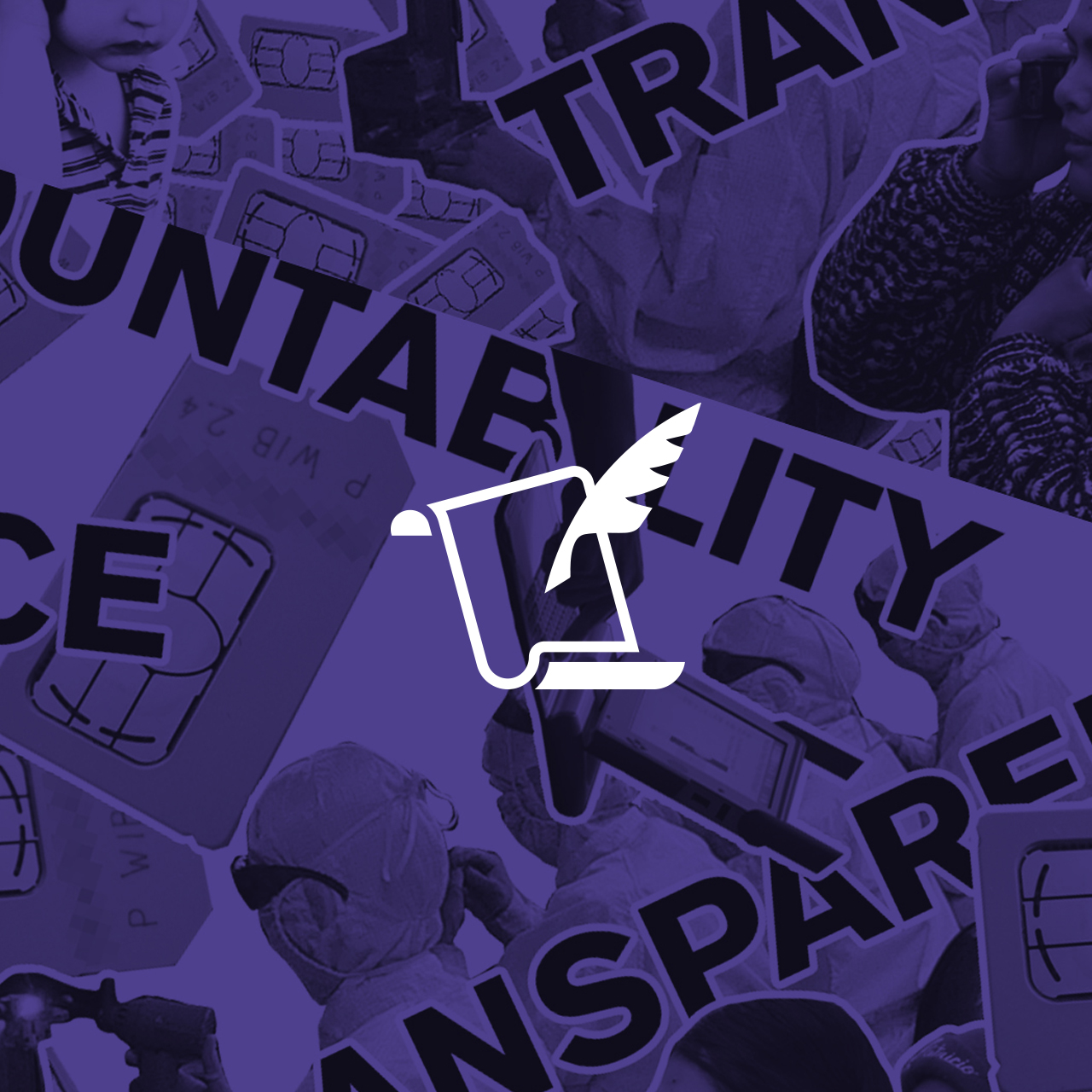
This week the U.S. government issued a General License to provide internet users in Sudan with easier access to the web and a wide range of software, hardware, and services “incident to personal communications.” U.S. sanctions against Sudan have been in place since 1997, and previously made it illegal for U.S. companies or individuals to export laptops, cell phones, or modems to Sudan. Access applauds the move, which follows years of advocacy by civil society groups in the U.S. and Sudan.
For years, the sanctions made it difficult for Sudanese users to access the internet or exercise their human right to freedom of expression online. Access had earlier joined other groups in pressuring U.S. authorities on sanctions in Sudan in 2013–and we’re grateful to see results.
We hope the General License and the lifting of these sanctions will encourage the U.S. government to consider the impact of future sanctions on the ability of users at risk everywhere to access the internet.
General Licenses
As a result of civil society pressure, the Department of Treasury and the Department of Commerce in recent years have carved out exceptions for internet tools and services for “personal communications technology” and consumer communications devices. Access has long supported such authorizations, including those approved by U.S. authorities in Iran in 2013 and Cuba in 2015.
As we highlighted in 2013: “As the struggle for human rights increasingly moves online, access to personal communications technologies is proving critical to the realization of fundamental freedoms. But users in Syria, Cuba, Sudan, North Korea, and up until recently, Iran, have had to surmount not only their own government’s restrictive policies, but U.S. sanctions too.”
U.S. sanctions on the export of technology to Sudan have impeded access to a long list of important tools, including anti-virus software, online app stores, proxy tools, and any fee-based services used for personal communications, including web hosting, virtual private networks (VPNs), and other tools critical for the exercise of human rights online.
This General License is especially timely, as on Monday, the Sudanese regime had begun imposing increasingly restrictive media policies by seizing the print runs of 14 different newspapers. Technology enables free expression on an unprecedented scale, especially in repressive environments. That’s why Access also approached Sudanese telcos to protest an internet shutdown in 2013.
Companies need to honor the General License
Lifting sanctions through a General License is only the first step. Companies must now take care to implement the new authorizations by allowing users in those areas to download, buy, or otherwise access their products and services. In short, companies must not “over-comply” with previous sanctions by continuing to ban their use, as Access noted last year.
Turning towards Crimea
Meanwhile, last week Access joined other rights groups in a letter calling for OFAC to issue a General License that would protect internet users in Crimea. Like in Sudan, sanctions issued in December 2014 have impacted the ability of people in Crimea to access the global internet.
Meanwhile, we applaud U.S. authorities for taking this crucial step toward helping the people of Sudan realize their fundamental rights.
The full text of the Sudan General License is available here.
photo credit: ITU
